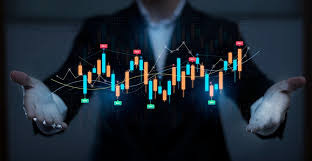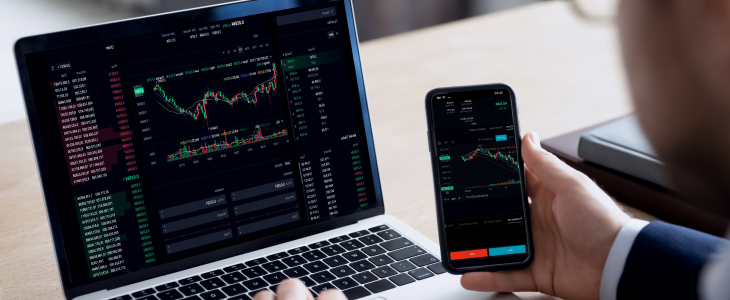
Forex Trading Beginner Guide: Step-by-Step to Success
Entering the world of forex trading can seem daunting for beginners, but with the right information and tools, anyone can learn to trade effectively. This comprehensive guide is designed to provide you with the foundational knowledge and strategies necessary to embark on your trading journey. If you are looking for a great resource to start trading, consider downloading a reliable forex trading beginner guide Trading App APK to help you manage your trades efficiently.
What is Forex Trading?
Forex trading, or foreign exchange trading, involves buying and selling currencies in pairs. The forex market is the largest and most liquid financial market in the world, with daily trading volumes exceeding $6 trillion. Trading occurs in real-time, meaning that currency prices fluctuate based on economic news, market sentiments, and geopolitical events.
Understanding Currency Pairs
Currencies are traded in pairs, with the first currency in the pair called the “base currency” and the second one referred to as the “quote currency.” For example, in the pair EUR/USD, the Euro (EUR) is the base currency, and the US Dollar (USD) is the quote currency. When you trade this pair, you are speculating on whether the Euro will strengthen or weaken against the US Dollar.
Types of Currency Pairs
Currency pairs are broadly categorized into three groups:
- Major Pairs: These pairs involve the most widely traded currencies, including the USD, EUR, JPY, and GBP. Examples include EUR/USD, USD/JPY, and GBP/USD.
- Minor Pairs: These pairs do not involve the USD but consist of other major currencies, such as EUR/GBP and AUD/NZD.
- Exotic Pairs: These consist of one major currency paired with a currency from a developing economy, for instance, USD/TRY (US Dollar/Turkish Lira).
Forex Trading Platforms
To start trading forex, you will need a trading platform. Most brokers offer online platforms that allow you to monitor the market and execute trades. Popular platforms include MetaTrader 4 (MT4), MetaTrader 5 (MT5), and cTrader. When choosing a platform, look for user-friendly features, advanced charting options, and access to various trading tools.
Forex Trading Strategies

Once you are familiar with the basics, it’s crucial to develop a trading strategy that suits your style. Different strategies can be employed based on your risk tolerance and trading goals:
Scalping
This involves making quick trades to benefit from small price fluctuations. Scalpers usually hold positions for a few seconds to minutes, aiming for small profits that can accumulate over time.
Day Trading
Day traders open and close positions within the same trading day. They seek to capitalize on intraday price movements and do not hold positions overnight to avoid market risk.
Swing Trading
Swing traders hold trades for several days or weeks to capture medium-term price movements. They rely on technical analysis and chart patterns to identify potential entries and exits.
Position Trading
This long-term strategy relies on fundamental analysis and economic indicators. Position traders can hold trades for weeks or months based on major economic trends.
Risk Management
Managing risk is crucial in forex trading. Here are some strategies to protect your capital:

Set a Stop-Loss Order
A stop-loss order automatically closes your position at a predefined loss level, preventing further losses if the market goes against you.
Use Proper Leverage
While leverage can amplify profits, it can also increase losses. Use leverage cautiously and understand how it impacts your trading capital.
Diversify Your Portfolio
Avoid putting all your capital into a single currency pair. Diversifying your trades across multiple pairs can help reduce risk exposure.
Keeping Emotions in Check
Psychological factors play a significant role in trading success. It’s essential to maintain emotional discipline and stick to your trading plan. Greed and fear are two emotions that can lead to impulsive decisions and potential losses. Developing a clear plan and practicing patience can help minimize emotional trading.
Continual Learning and Practice
The forex market is dynamic and ever-evolving, which requires traders to continuously learn and adapt their strategies. Utilize demo accounts offered by brokers to practice trading without risking real money. Additionally, read books, attend webinars, and follow market news to stay informed about changes that could impact currency prices.
Conclusion
Forex trading can be a rewarding venture if approached with the right mindset and knowledge. This beginner’s guide has covered the essentials of forex trading, including aspects such as currency pairs, trading platforms, strategies, risk management, and psychological factors. Remember, success in forex trading comes from education, practice, and discipline. Start your journey today by educating yourself further and using the tools available to assist your trading efforts.